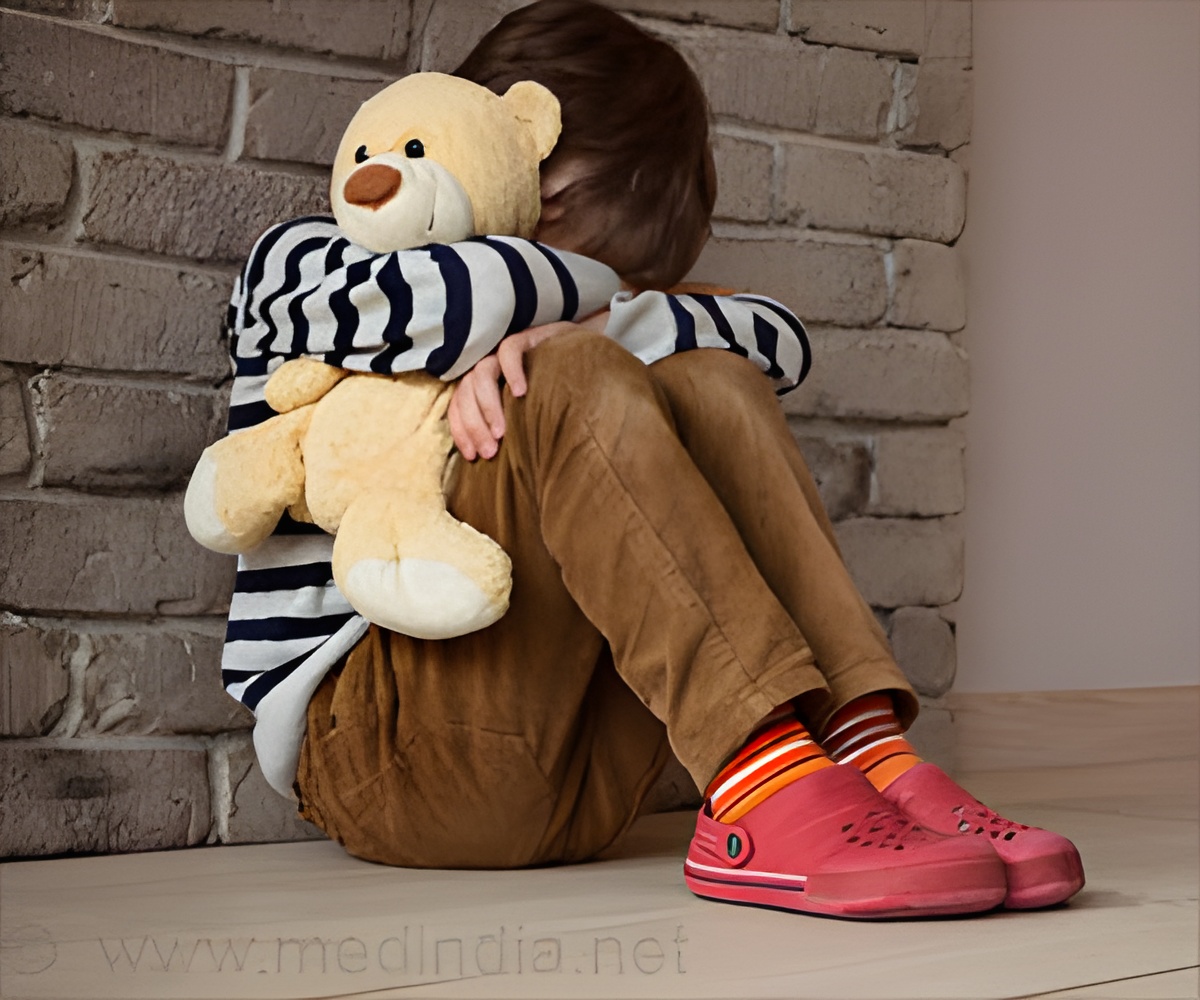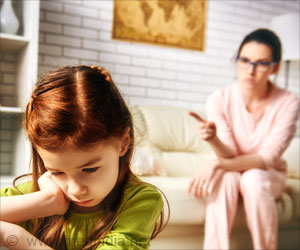Children born into families with older parents usually have fewer externalizing behavior like aggression compared to those born to younger parents.

‘The possible reason why older parents have children with fewer issues like aggression is that older parents are probably more educated and have more resources.’
Read More..




The study was done by researchers at Utrecht University, Vrije Universiteit Amsterdam, Erasmus Medical Center, and University Medical Center Groningen. It appears in Child Development, a journal of the Society for Research in Child Development.Read More..
"Evidence points to an association between fathers’ age and autism spectrum disorders and schizophrenia, so we wanted to know if there is an association in the general population between parents’ age and common behavior problems in children, beyond the clinical diagnoses," says Marielle Zondervan-Zwijnenburg, a postdoctoral researcher in methodology and statistics at Utrecht University, who led the study. "With respect to common behavior problems, we found no reason for future parents to worry about the harmful effect of having a child at an older age."
Researchers analyzed the problem behavior of 32,892 Dutch children when they were 10 to 12 years old. Problem behavior was rated by fathers, mothers, teachers, and the children themselves through a series of standardized instruments.
The children, all of whom were born after 1980, were part of four studies--Generation R, the Netherlands Twin Register, the Research on Adolescent Development and Relationships-Young Cohort (RADAR-Y), and the Tracking Adolescents’ Individual Lives Survey. The children represented the entire Dutch geographic region across all strata of society and a range of socioeconomic statuses.
In the Generation R study, mothers’ age at child’s birth ranged from 16 to 46, and fathers’ age at child’s birth ranged from 17 to 68. In the Netherlands Twin Register, mothers’ age at child’s birth ranged from 17 to 47 and fathers’ from 18 to 63. In the RADAR-Y study, mothers’ age at child’s birth ranged from 17 to 48 and fathers’ from 20 to 52. And in the Tracking Adolescents’ Individual Lives Survey, mothers’ age at child’s birth ranged from 16 to 44 and fathers’ from 18 to 52.
Advertisement
The study’s authors note that they focused only on children’s externalizing and internalizing behavior problems, so the findings cannot be generalized to other behaviors--though they are extending their research to cognition and attention problems. In addition, the researchers assessed children’s behavior problems during early adolescence; they plan to extend their work to other points in development.
Advertisement
Source-Eurekalert








